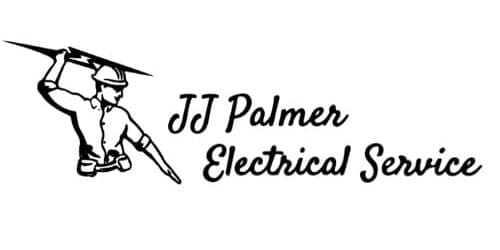Understanding Equity Loans: Definition, Types, and Considerations
Equity loans, also called house fairness loans or second mortgages, allow owners to borrow towards the fairness they’ve built up in their property. This article will explain what equity loans are, the types out there, and important concerns for debtors contemplating this financing choice.
What is an Equity Loan?
An fairness loan is a sort of mortgage secured by the fairness in a property, typically a major residence. Equity represents the distinction between the property’s market worth and the outstanding stability on any present mortgages or liens.
Types of Equity Loans
1. Home Equity Loan (HEL):
A house fairness loan is a lump-sum mortgage that permits householders to borrow a onerous and fast sum of money based mostly on the out there equity of their house. The mortgage is repaid in mounted month-to-month installments over a specified term, just like a conventional mortgage.
2. Home Equity Line of Credit (HELOC):
A HELOC is a revolving line of credit that allows homeowners to borrow against their residence equity as wanted. Borrowers can entry funds up to a predetermined credit restrict and repay the borrowed amount with variable rates of interest.
3. Cash-Out Refinance:
While not a traditional equity loan, cash-out refinancing includes replacing an current mortgage with a brand new one for a larger amount than the present loan steadiness. The borrower receives the difference in money, which can be used for various purposes.
Key Features of Equity Loans:
– Secured by Property: Equity loans use the house as collateral, lowering risk for lenders and doubtlessly providing decrease rates of interest compared to unsecured loans.
– Fixed or Variable Rates: Home fairness loans could have fixed or variable interest rates, depending on the lender and loan terms.
– Loan Amounts: Loan quantities for equity loans are based on the obtainable fairness within the property, with limits decided by the lender’s criteria and the borrower’s monetary profile.
– Repayment Terms: Equity loans have specified reimbursement terms, usually starting from 5 to 30 years for home equity loans and versatile repayment schedules for HELOCs.
Considerations for Borrowers
1. Loan-to-Value (LTV) Ratio:
Lenders assess the loan-to-value ratio to discover out the quantity of fairness available for borrowing. A lower LTV ratio sometimes results in extra favorable mortgage terms.
2. Interest Rates and Fees:
Compare rates of interest, closing costs, and costs from multiple lenders to search out probably the most competitive fairness loan option.
3. Use of Funds:
Understand gris vert Peinture the aim of borrowing and use funds responsibly. Common makes use of of equity loans embody home improvements, debt consolidation, schooling expenses, or major purchases.
4. Risks of Default:
Failure to repay an equity mortgage may lead to foreclosures, as the house serves as collateral. Borrowers should ensure they’ll afford the loan payments earlier than borrowing towards their house equity.
Conclusion
Equity loans present homeowners with a versatile financing option to entry funds primarily based on the fairness accumulated of their property. By understanding the types of equity loans obtainable, evaluating loan phrases and concerns, and assessing their financial needs, debtors could make informed choices about leveraging residence equity for borrowing functions.
